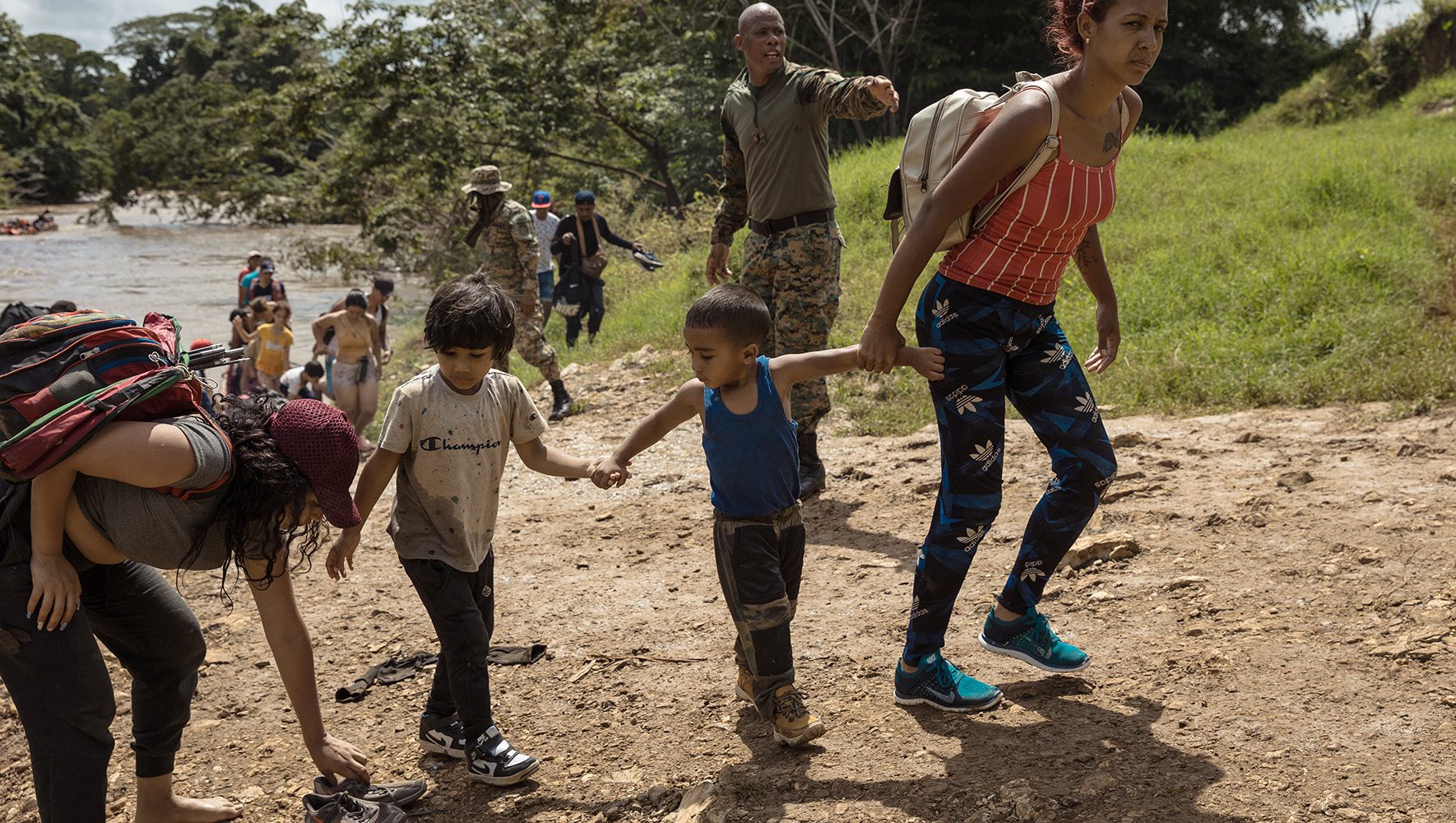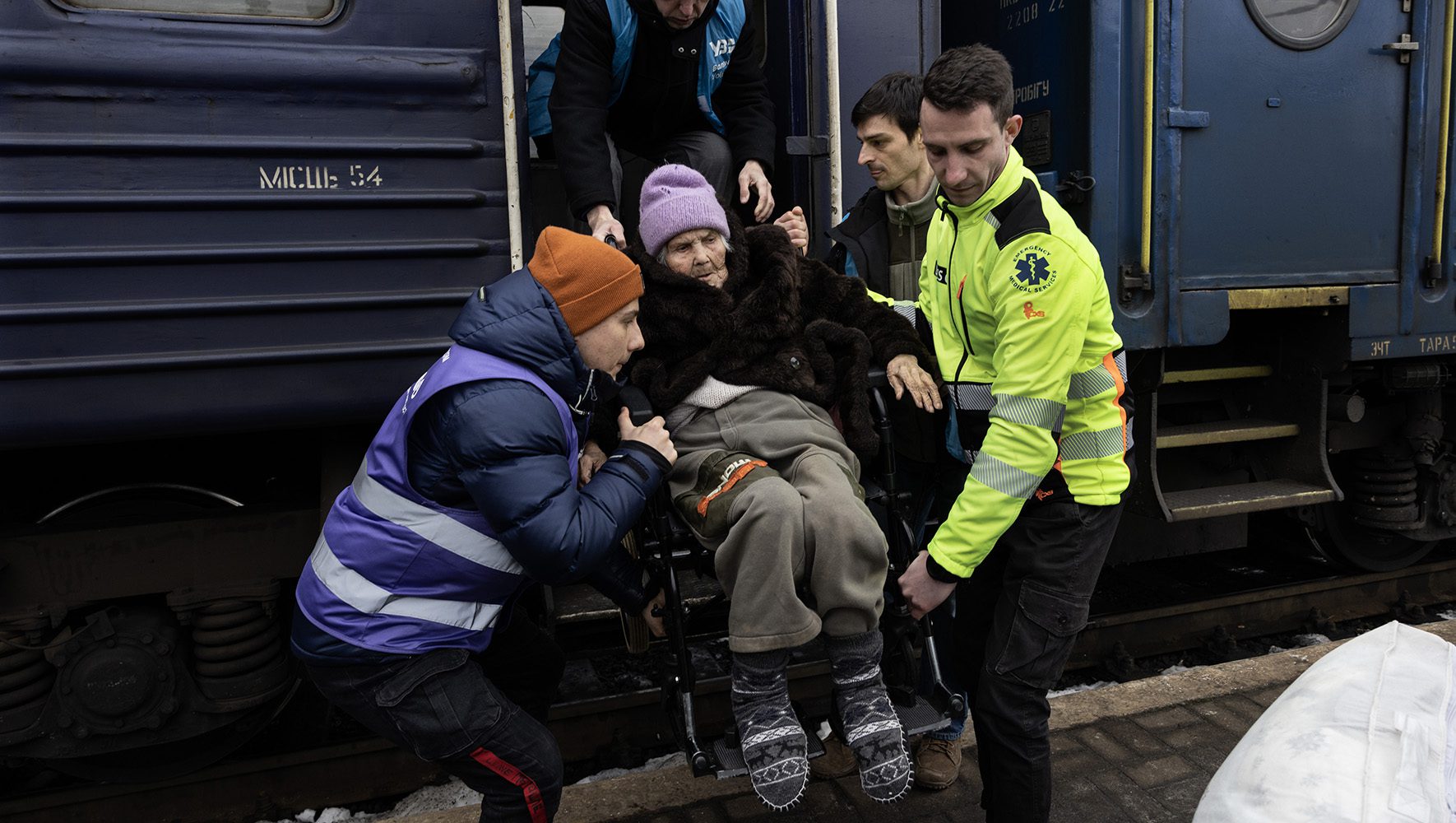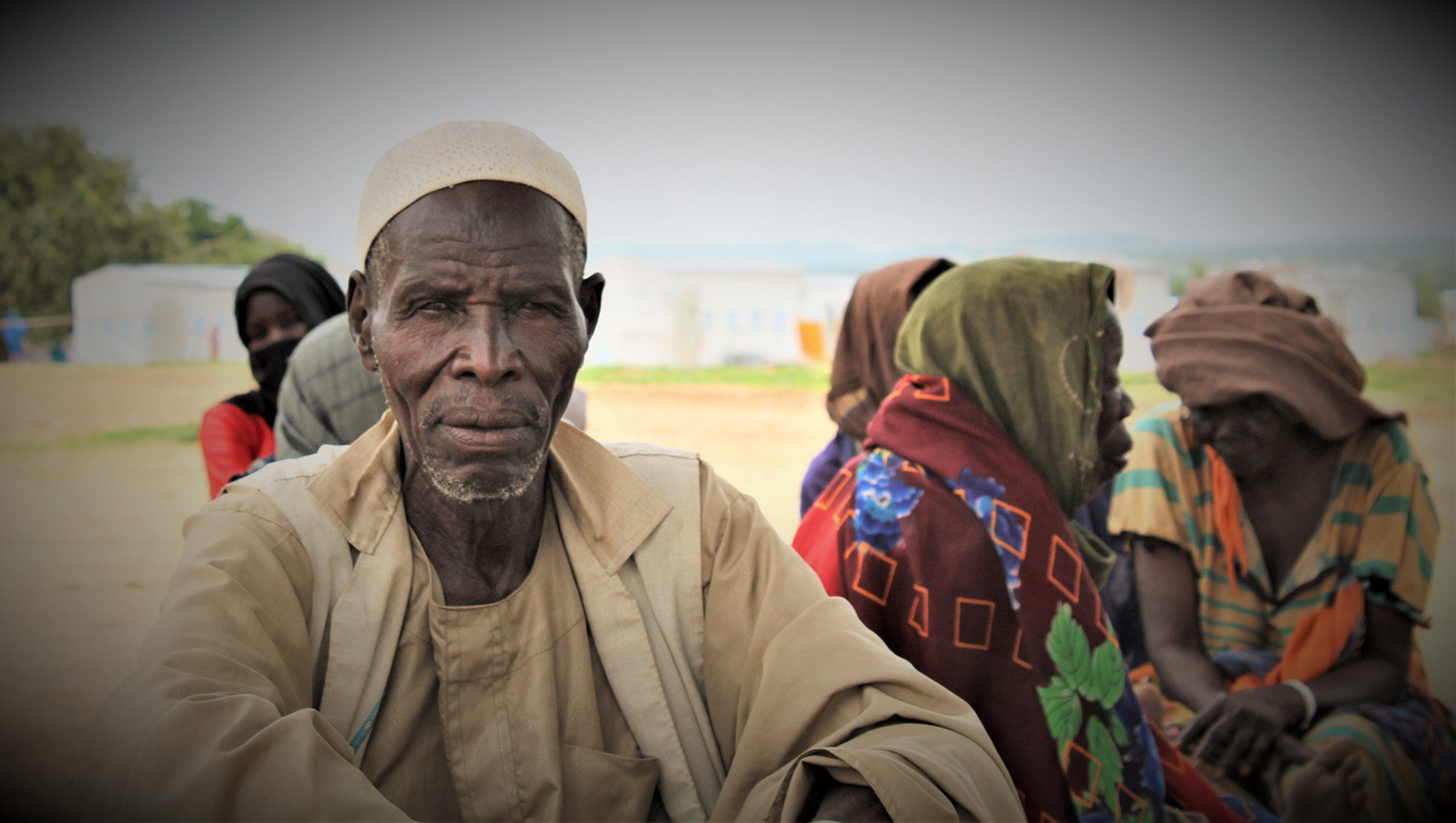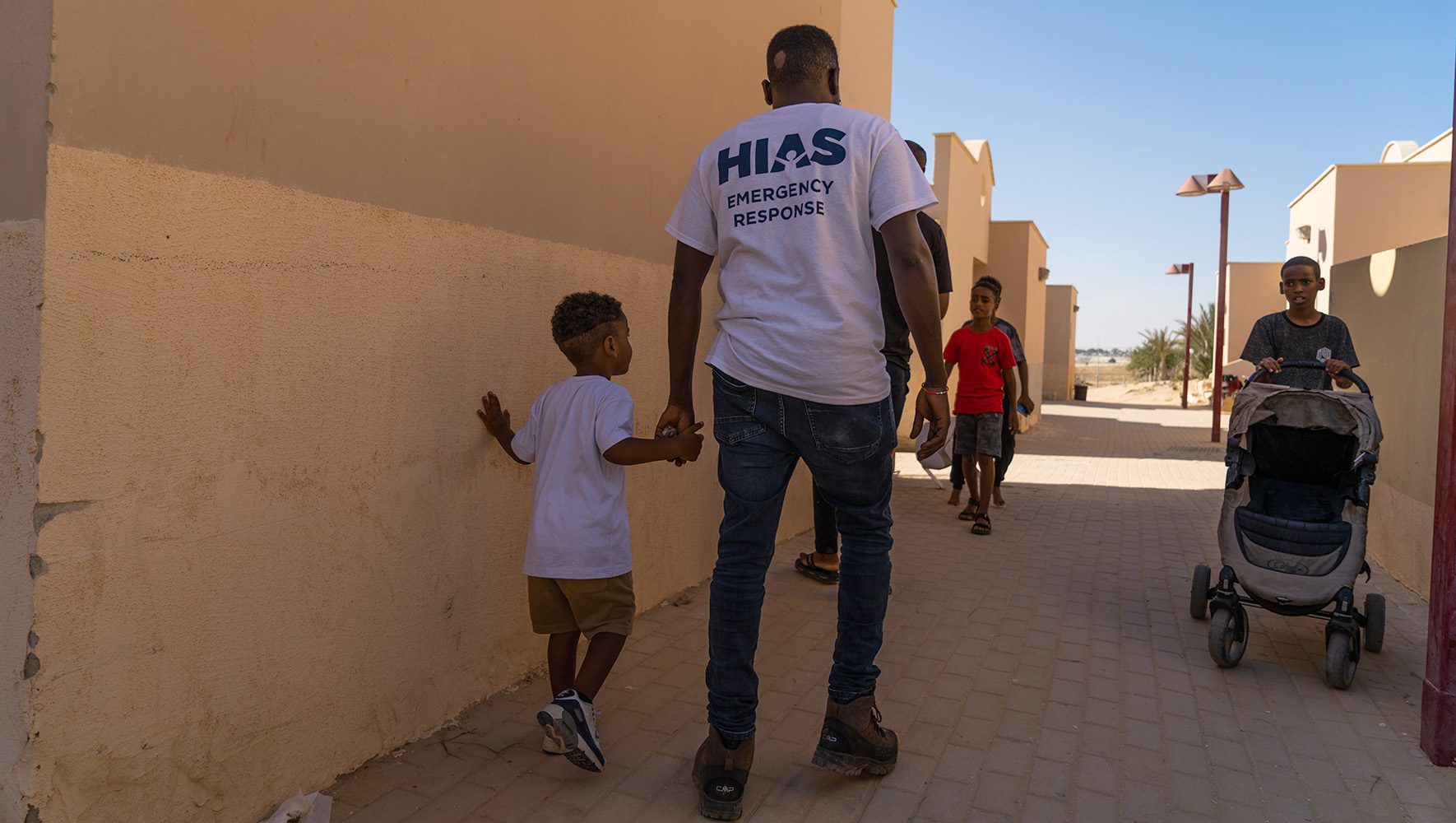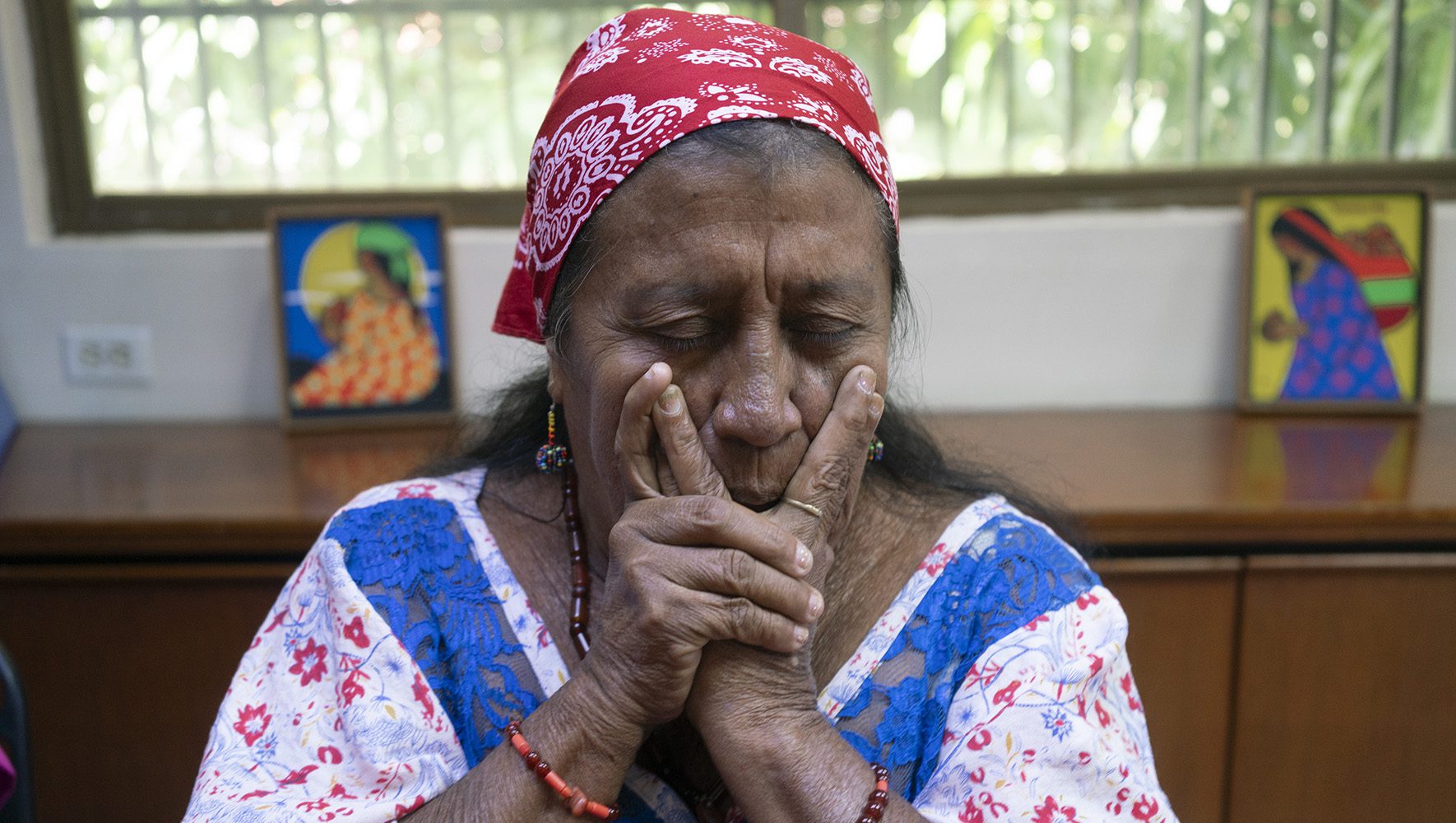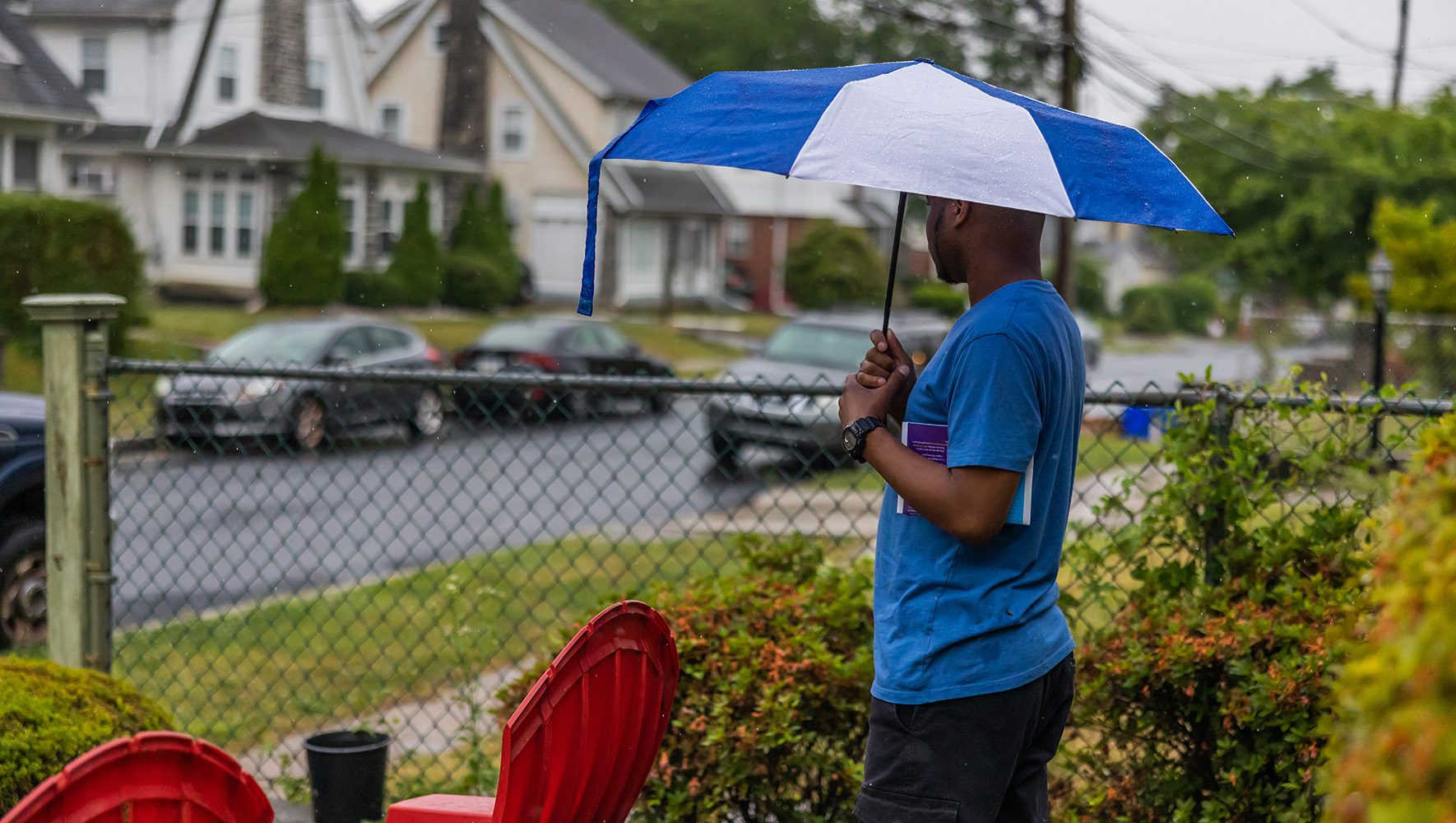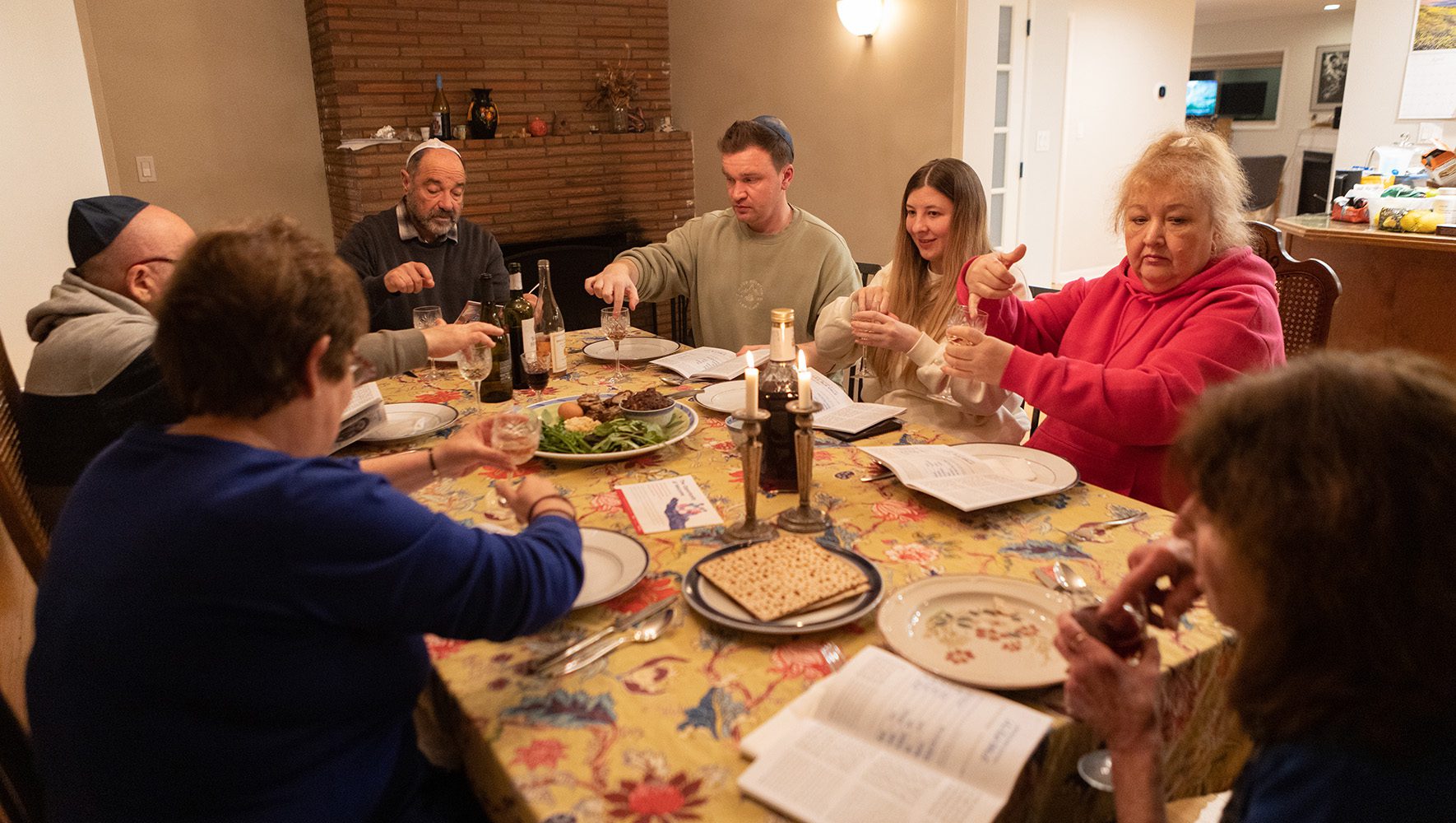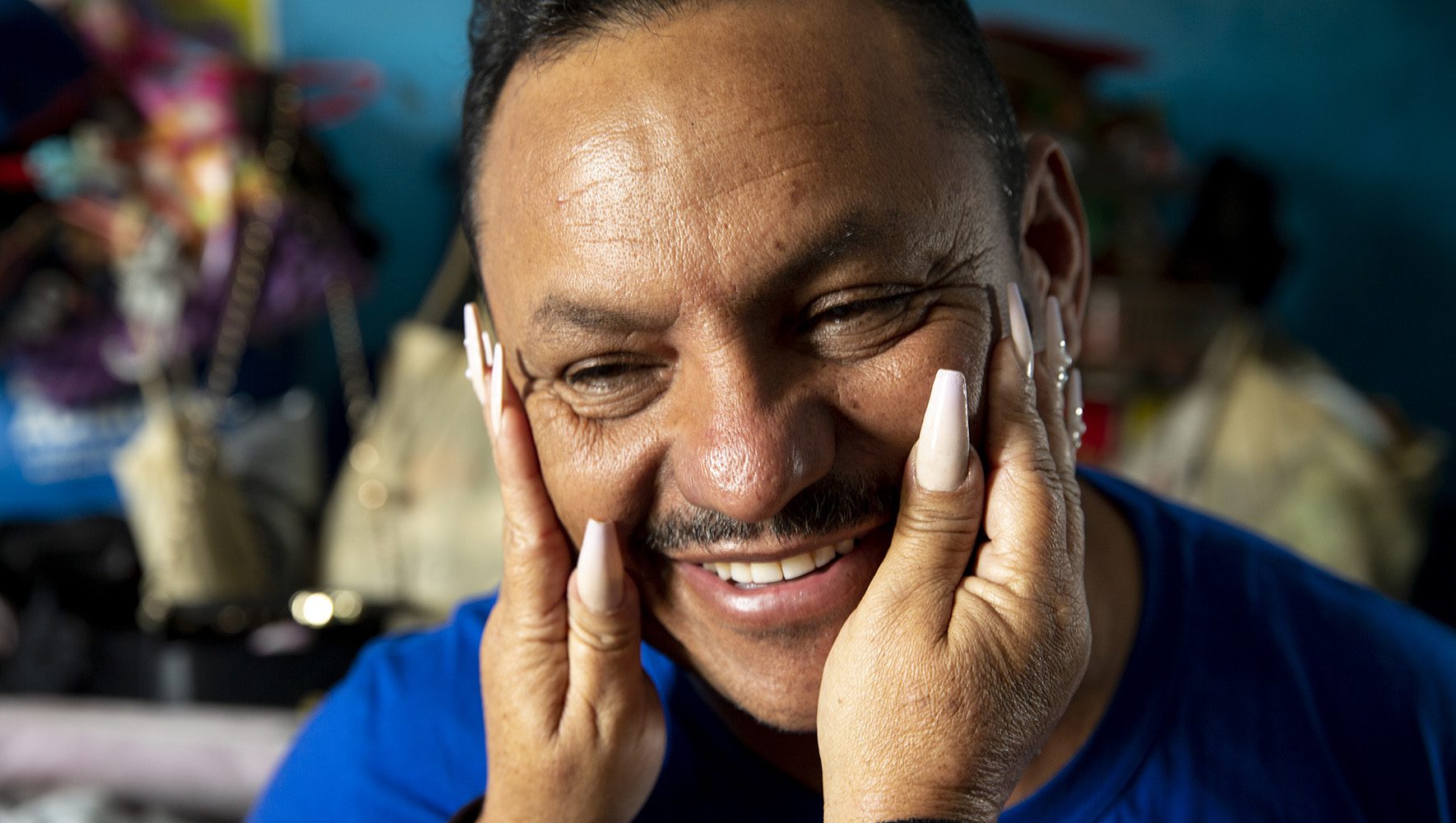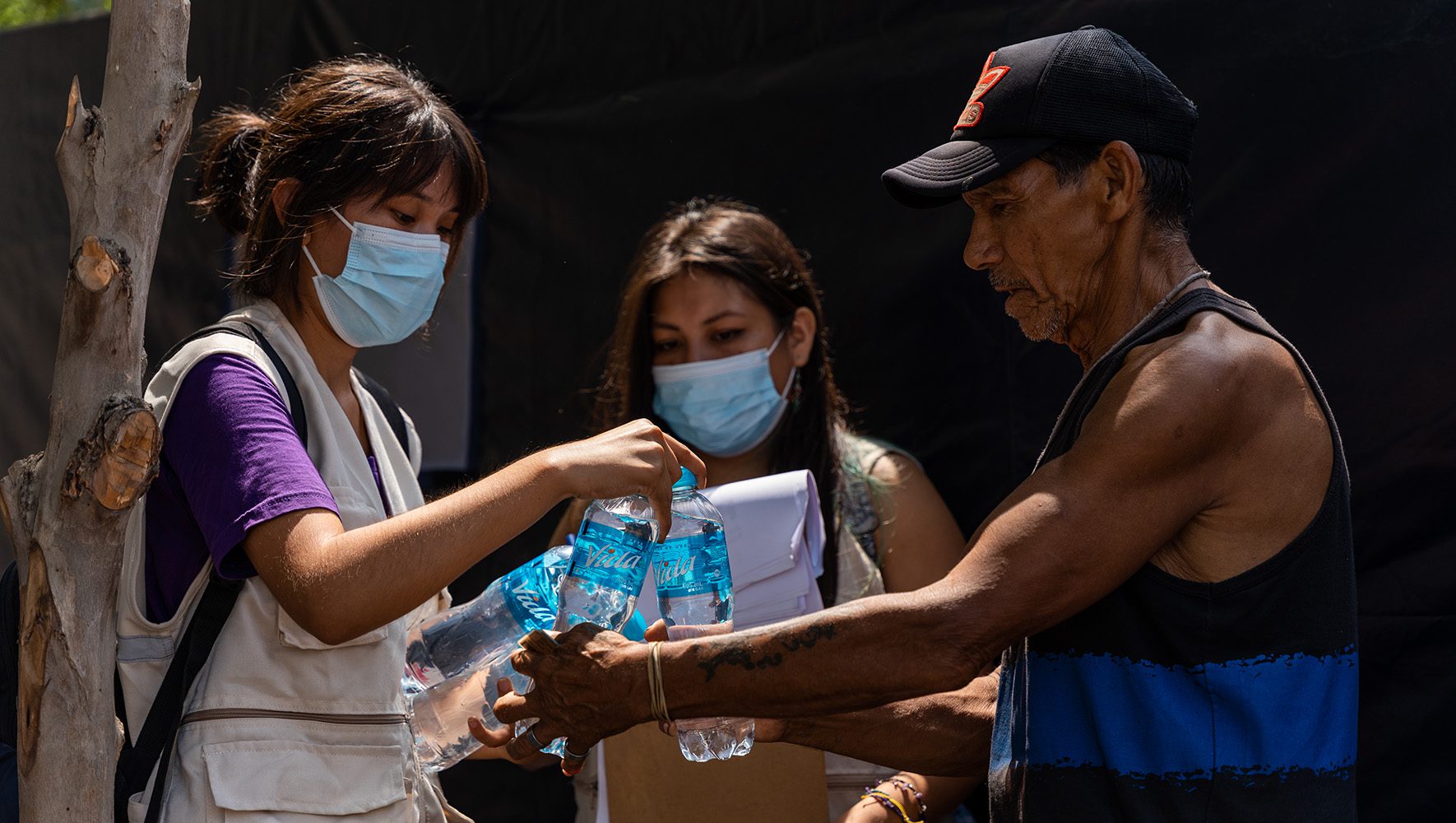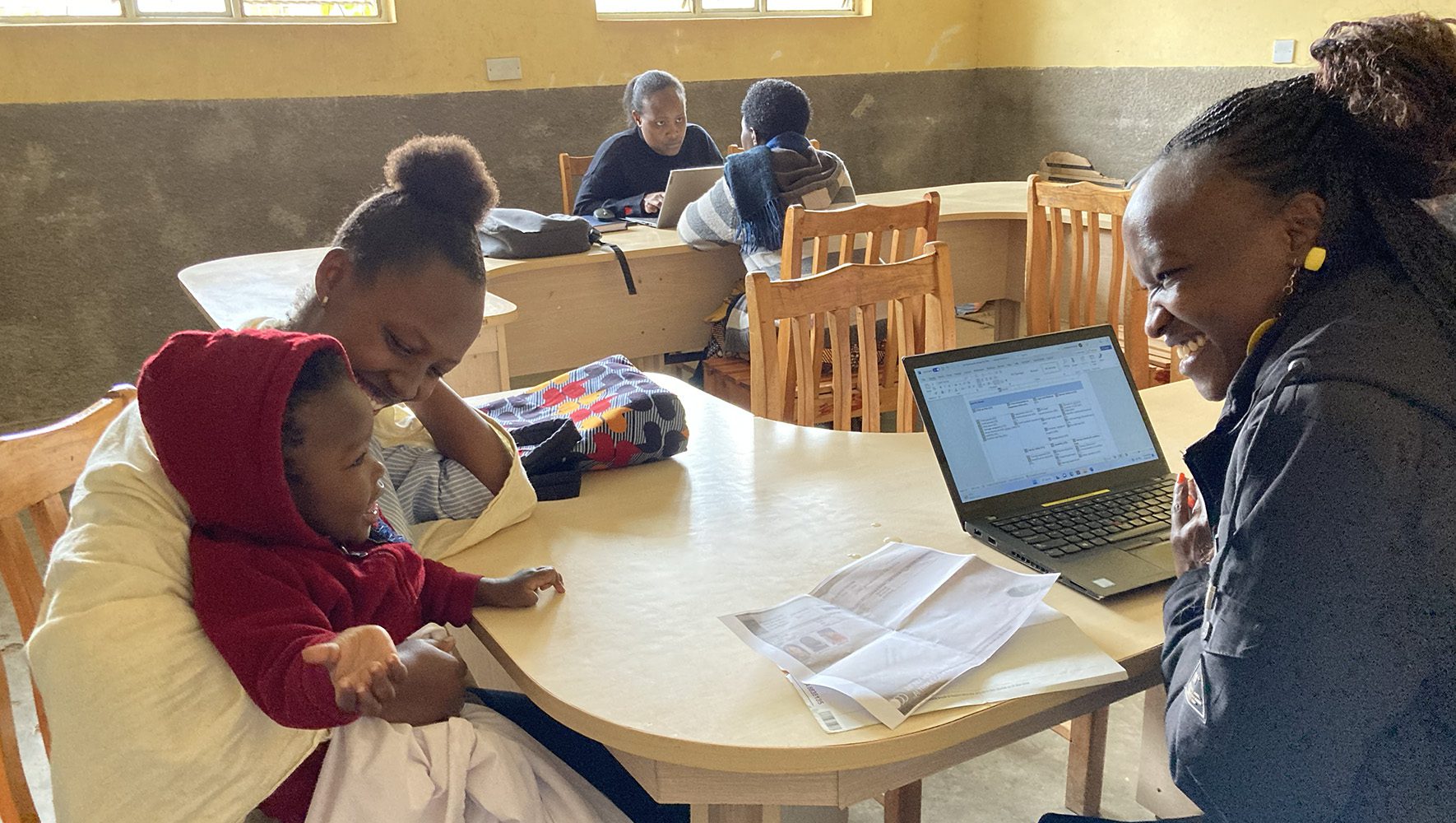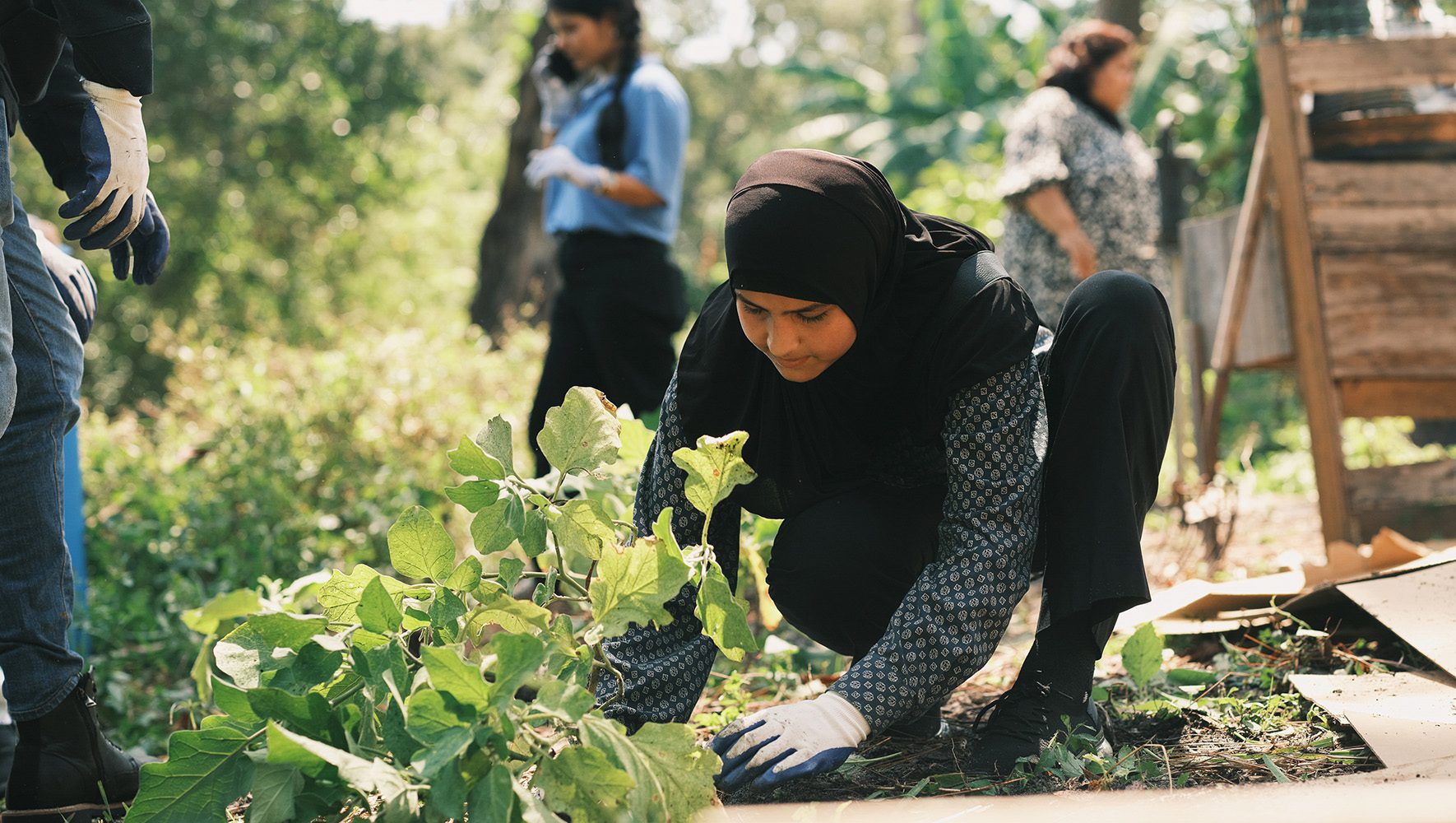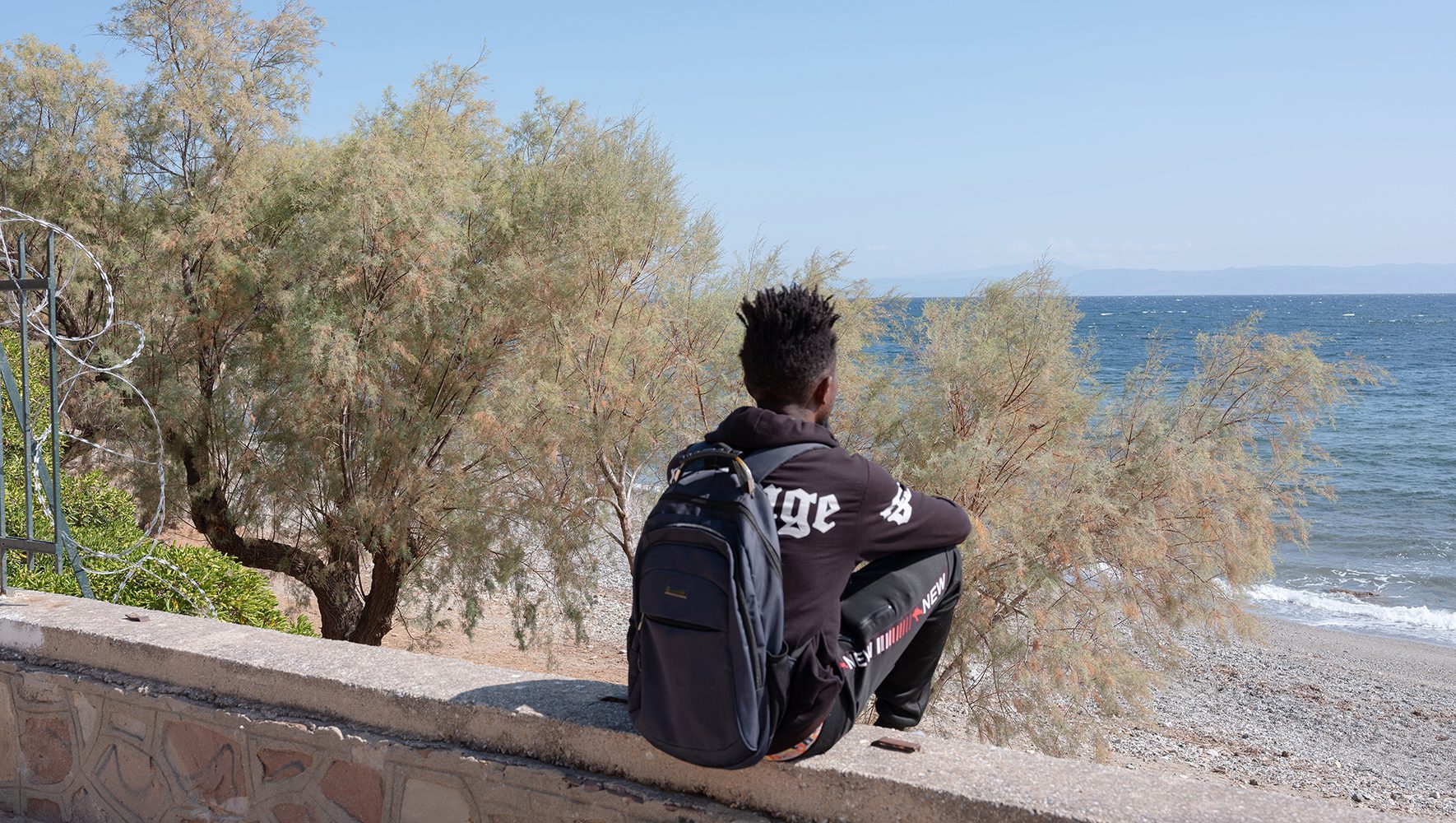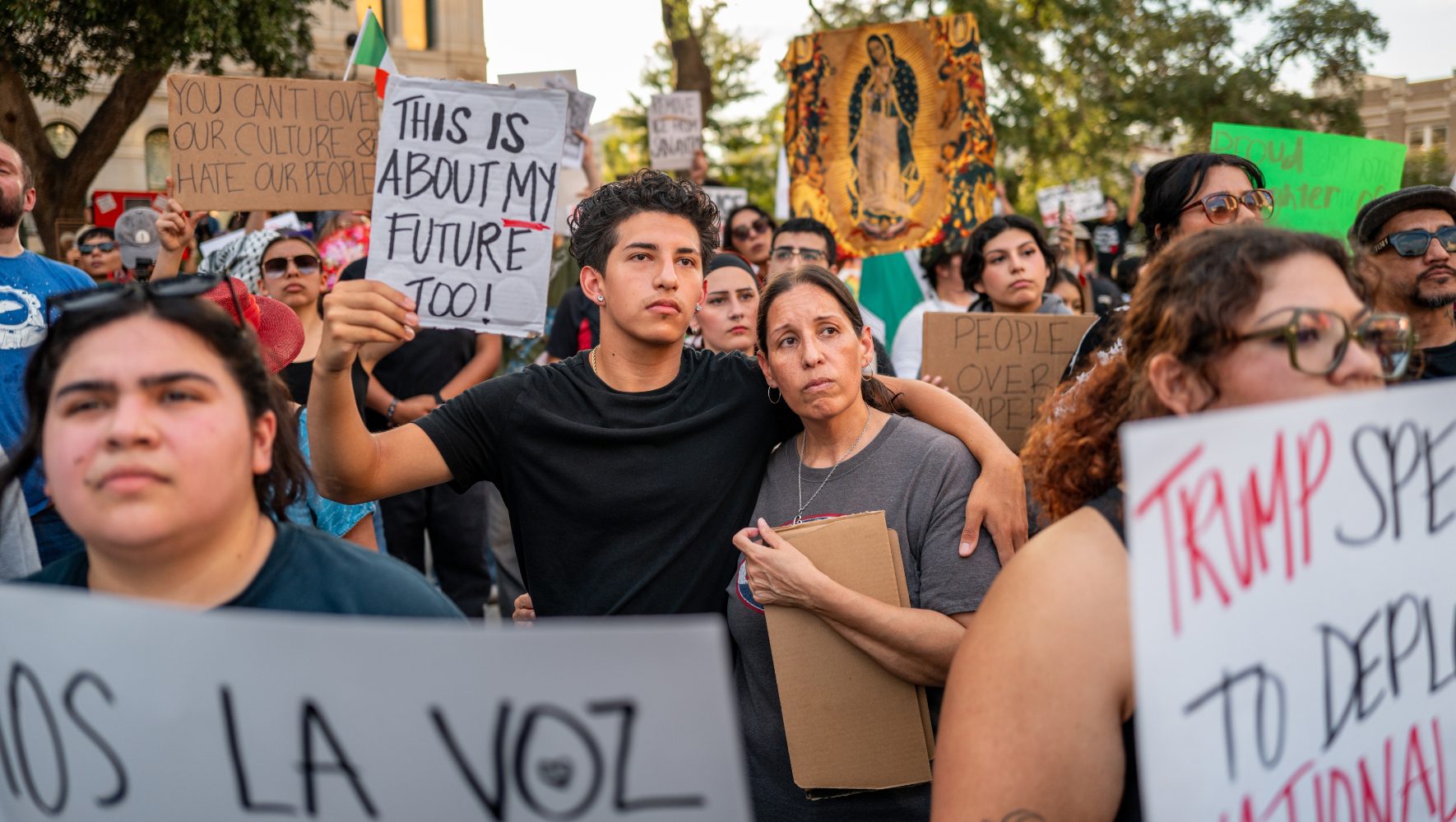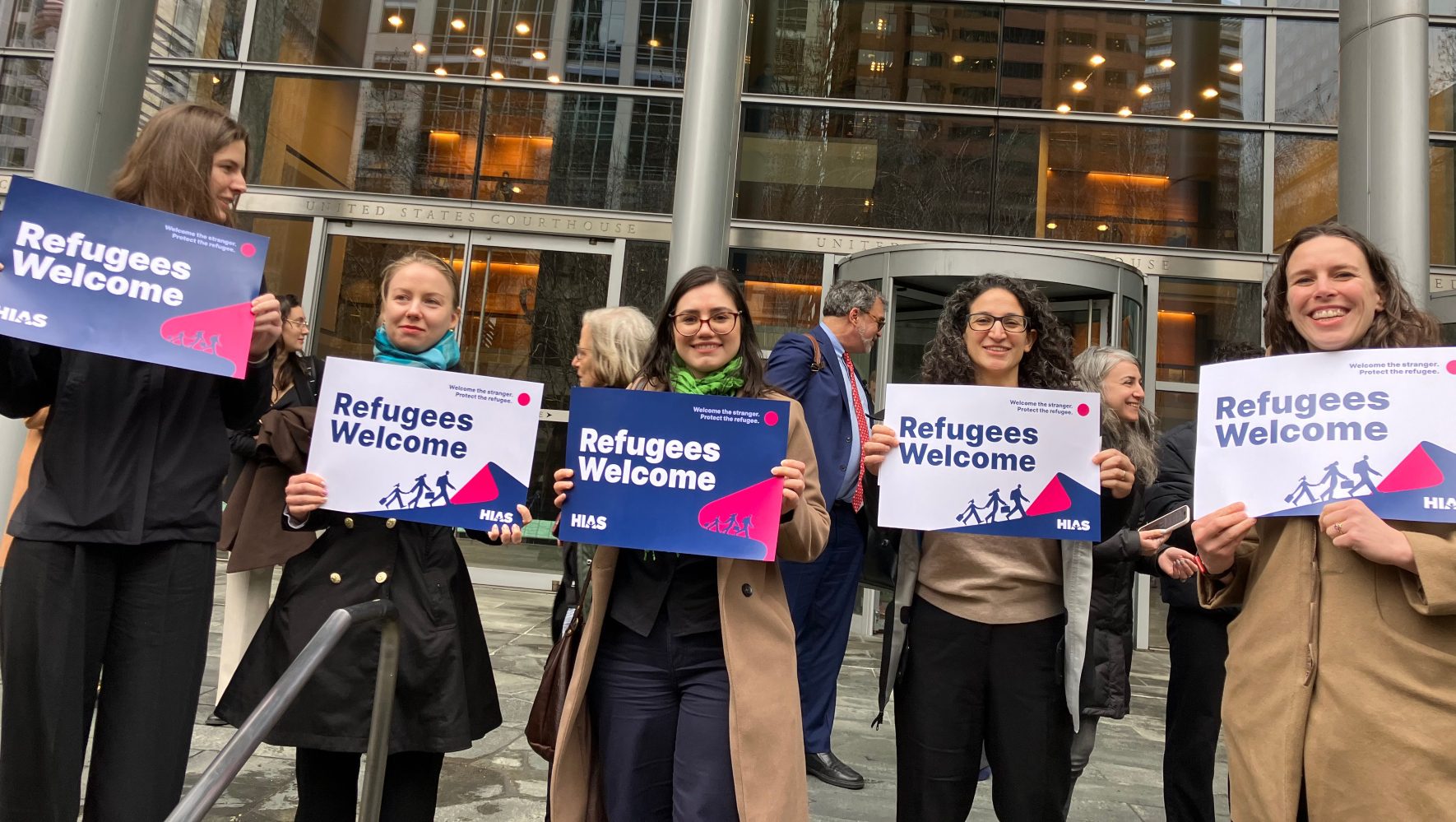In Ukraine, where the second anniversary of full-scale war approaches, an estimated six million people have fled to countries across Europe and beyond, while millions more remain internally displaced. After political violence erupted in Sudan in April, hundreds of thousands of people crossed into neighboring Chad, further taxing the resources of one of the world’s poorest countries. 2023 also saw record levels of displacement across Latin America and the Caribbean (LAC), where the number of refugees, migrants, and internally displaced people now exceed 21 million — presenting significant challenges to countries across the Western Hemisphere. And in October, a horrific terrorist attack inside Israel triggered mass displacement and only added to a fraught, complex geopolitical situation.
This past June, UNHCR announced that there were now more than 110 million forcibly displaced people in the world — a number greater than at any other time in history. Evidence for this distressing milestone, as we’ve seen, could be found in multiple contexts around the world.
Given the breadth and scale of these crises, there has never been a more urgent need for HIAS’ work— and HIAS has responded. Less than two years after the war in Ukraine sparked an extraordinary movement of people across Europe, newly established HIAS offices in Ukraine, Poland, Romania, and Moldova provided urgently-needed services to 156,000 people. Within Ukraine, HIAS teams assisted displaced residents relocate to safer parts of the country. Working with Right to Protection (R2P), our partner in the country, parents receive support in helping children cope with the trauma of war and displacement. In Romania, refugee children found community and purpose through sports. And throughout Europe, Welcome Circles helped connect refugees to networks of volunteers who helped them land on their feet. When Anastasiia Ponomorenko, a 37-year-old Ukrainian, fled alone to Brussels, a local family helped her find an apartment of her own. “Without them, I wouldn’t have known what to do here,” she said.
The attacks in Israel — responsible for killing more than 1,200, injuring thousands more, and displacing more than 200,000 from their homes — shook Jewish populations around the world. Within hours of the attacks, HIAS initiated an Emergency Response to provide life-saving support to those displaced in Israel, including many individuals who had previously fled conflict in Sudan, Ukraine, and elsewhere. The Emergency Response and HIAS Israel teams have partnered with more than 20 national agencies and refugee-focused organizations to provide urgent humanitarian assistance and support, including food and non-food items, mental health services, and child protection. HIAS’ Emergency Response played a similar role in Chad, a country where HIAS has assisted displaced people for nearly 20 years. Working in camps in the eastern part of the country, home to hundreds of thousands of refugees displaced in previous conflicts, our teams provided mental health support and psychological first aid to a population traumatized by violence. HIAS’ work in the country led to back-to-back features in the New Humanitarian, and also inspired a moving essay in the Forward about the Jewish community’s obligation not to look away from the region’s displacement crisis.
Throughout 2023, we have helped over 348,000 people in LAC to access a wide range of services that guarantees their right to rebuild their lives in safety and dignity. HIAS Colombia and HIAS Panama staff have provided thousands of people with assistance in the Darién Gap, where refugees and migrants have braved a dangerous jungle crossing in order to seek safety and security. HIAS also carried out important emergency response missions to Ecuador and Peru, after local populations were hit by devastating earthquakes and floods. HIAS’ work on economic inclusion has helped numerous displaced people become financially self-sufficient in their new countries, such as Erika, a Nicaraguan woman who leveraged HIAS’ support to open her own restaurant in Costa Rica. Further north, HIAS Mexico formed an all-female team to assist victims of gender-based violence, while programs throughout the Andean region taught models of positive masculinity to displaced men.
This past June, UNHCR announced that there were now more than 110 million forcibly displaced people in the world — a number greater than at any other time in history. Evidence for this distressing milestone, as we’ve seen, could be found in multiple contexts around the world.
In the U.S, HIAS and our resettlement network have helped more than 6,450 refugees rebuild their lives in communities across the United States this year — already a 36% increase from 2022. Our resettlement partners aren’t just supporting refugees’ immediate needs, but ensuring they can put down roots in a welcoming community — one example is the community garden organized by Gulf Coast JFCS’ refugee department and its clients. Often, refugee clients take a leading role in ensuring other refugees find welcome in their communities. HIAS has continued its advocacy for setting a robust goal for refugee resettlement set each year, but as HIAS President and CEO Mark Hetfield noted, “A lot of work needs to be done in the coming year to make sure the Presidential Determination is more than an aspirational number.”
On May 11, the Biden administration ended the enforcement of Title 42, a public health measure invoked in 2020 to block people from seeking asylum at the U.S.-Mexico border along with the end of the United States’ COVID-19 public health emergency declaration. But the fight for fair and humane treatment for asylum seekers is far from over. Under new rules that have taken effect this year, asylum seekers are only eligible to seek asylum at the U.S.-Mexico border if they present themselves at a port of entry after making an appointment using the Department of Homeland Security’s mobile application, CBP One, or if they cross the border between ports of entry and can prove that they have sought and been denied asylum in a country through which they traveled on their way to the United States.
These restrictions are difficult enough — but CBP One itself also presents many obstacles to asylum seekers, including glitches and errors, unclear rules, and long waits for appointments. HIAS Mexico staff help clients stay informed, secure CBP One appointments, and share information about changing policies.
Difficulties for refugees can seem overwhelming, but many individuals and small groups stepped forward to support refugees restarting their lives in the United States — an effort that HIAS has been closely involved with. In January, the Biden administration introduced Welcome Corps, a program that allows everyday Americans to privately sponsor refugees from around the world. HIAS, as a frontrunner in the growing field of private sponsorship, was one of the first organizations invited to be a private sponsorship organization for Welcome Corps — an involvement that has attracted a significant amount of media attention. This follows on our successful Welcome Circles program, which was developed in 2021 to help resettle Afghan evacuees and today continues to assist those displaced by the war in Ukraine and other humanitarian parolees. To date, 135 Welcome Circles and private sponsorship groups in the U.S. have worked with HIAS to assist 450 people in rebuilding their lives in their communities.
2022 in Review: War in Ukraine Adds to Record Displacement Worldwide
Read MoreThis year, HIAS celebrated its 20th anniversary of providing refugees, migrants, internally displaced people, and members of host communities with humanitarian assistance in Ecuador — our first country office established in Latin America and the Caribbean. This milestone shows how much we’ve grown and expanded in the region since we first opened our doors in Quito in 2003.
On the eve of 2024, as the world confronts an array of complex, urgent challenges, HIAS will continue to do the work that reinforces our mission to welcome the stranger and protect refugees.
